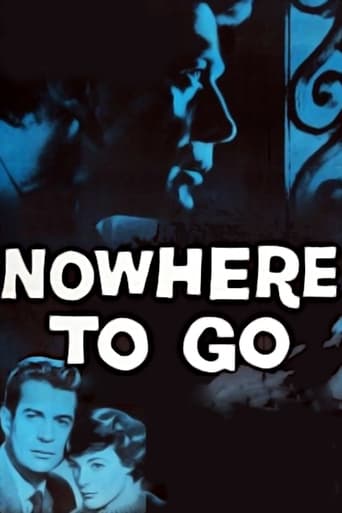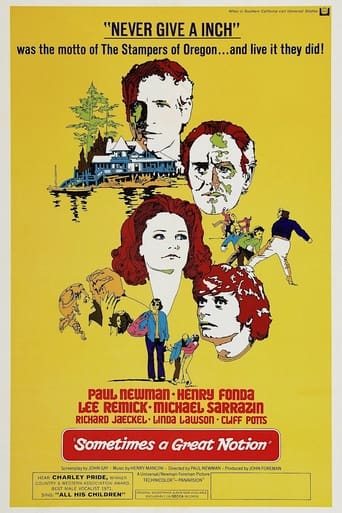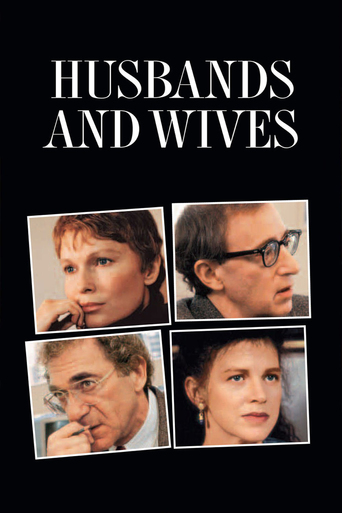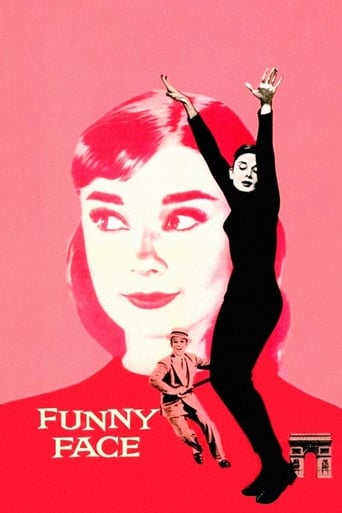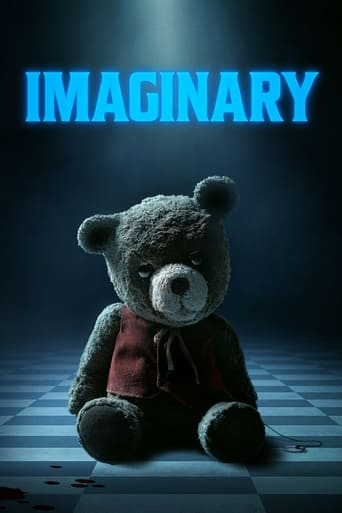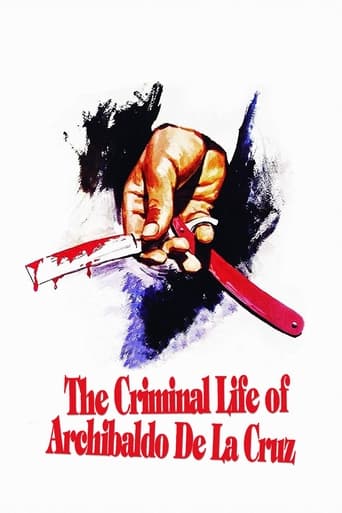


The Criminal Life of Archibaldo de la Cruz
A bizarre black comedy about a man whose overwhelming ambition in life is to be a renowned serial killer of women, and will stop at nothing to achieve it - but not everything goes according to plan...
-
- Cast:
- Ernesto Alonso , Miroslava , Rita Macedo , Andrea Palma , Rodolfo Landa , Ariadna Welter , José María Linares Rivas


Similar titles
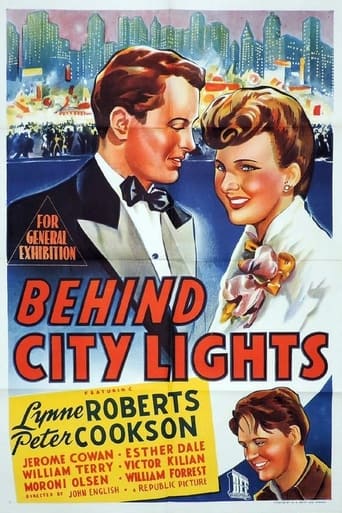

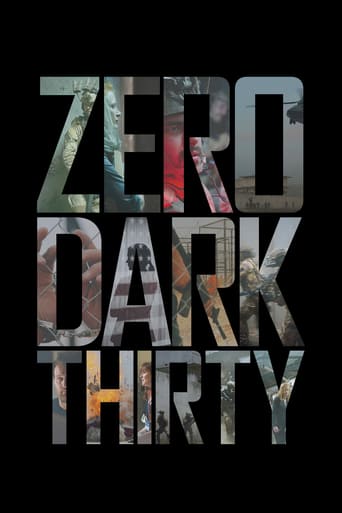





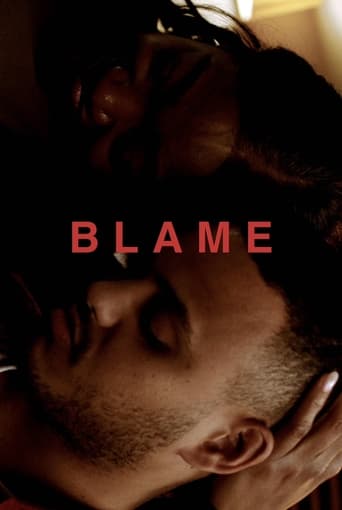
Reviews
Boring
It was OK. I don't see why everyone loves it so much. It wasn't very smart or deep or well-directed.
This is a coming of age storyline that you've seen in one form or another for decades. It takes a truly unique voice to make yet another one worth watching.
Each character in this movie — down to the smallest one — is an individual rather than a type, prone to spontaneous changes of mood and sometimes amusing outbursts of pettiness or ill humor.
That of course is where Jesus supposedly said "You have heard that it was said, 'You shall not commit adultery.' But I tell you that anyone who looks at a woman lustfully has already committed adultery with her in his heart." That is to say, thinking about doing a thing is as bad as doing it. That precept never made much sense to yours truly, and apparently it didn't to Luis Bunuel either, because the whole point of this movie seems to be to refute that notion. The title character fantasizes about killing various women he comes across, but circumstances always seem to conspire to prevent it. At the end when he demands to be arrested, an authority figure replies, in effect, "For what? You didn't do anything." The best part of the film is the opening sequence apparently taking place around the end of the Mexican revolution period c. 1920, with Archibaldo as an insufferably spoiled only child giving grief to his long-suffering but stoic nanny. Filmed in Bunuel's trademark style with long takes and barely perceptible camera movements, this battle of wills is fascinating until the arrival of the lad's rich idiot mother (rich idiots being one of Bunuel's favorite lifelong targets). Meanwhile the nanny watches through the window as a gun battle unfolds in the street below; she catches a stray bullet, and young Archibaldo finds himself fascinated with her corpse. Cut forward to the adult Archibaldo, now a rich idiot in his own right plus an obsession with being a serial killer. This main part of the film was less interesting for me, mostly because Bunuel allows the adult actor to perform almost like a cartoon, with bulging eyes and goofy leer, like a mentally retarded Snidely Whiplash. The supporting cast are competent performers but in my memory I have trouble telling some of them apart. There are some nice fantasy sequences, such as Archibaldo ordering his bride to undergo an elaborate Catholic ritual before shooting her. Probably the best known sequence, Archibaldo cremating a mannequin, left me more or less unmoved, although it probably seemed more sensational in 1955. Part of the problem here is that, as in the later "American Psycho," how compelling is it if all the bad stuff takes place inside the guy's head? Also there's a lack of that great sexual tension that Bunuel was able to generate in some of his other Mexican work, such as "Susana" or "El Bruto." But certainly it's a must see at least for Bunuel fans; like Hitchcock's "The Trouble with Harry" from the same year, this is the closest this director comes to true whimsy (especially the parts with the American tourists) in a career of mostly much darker shades.
Perhaps my favorite of Buñuel's Mexican years. As a child, Archibaldo de la Cruz willed the death of his young, sexy nanny through the device of a magical music box. As an adult, he finds this box at a pawn shop, and it awakens the exciting feelings he had as he stood over the corpse of his nanny checking out her exposed thigh. He decides to become a serial killer, but it never quite works out that way. Every person he sets out to kill ends up being murdered by another's hand. Actually, I shouldn't say "person," as Archibaldo's violent emotions only arise towards women. There is some heavy Catholic symbology to the picture, and the violence towards women obviously arises from the twisted mores of Catholicism. His first intended victim as an adult, for example, is a brazen tramp who openly expresses her wish to seduce him to get back at her husband. Buñuel had perhaps the most impeccable sense for creating finales, and the one here is as odd and remarkable as any other. Watch the two actions Archibaldo performs with his cane. I'm not 100% sure what they signify, but I know that must be of the utmost importance. Ensayo de un crimen should be watched back to back with Buñuel's 1953 film, Él, also about a man being driven insane over his wife because of his strict religious beliefs. 10/10.
You can go through Ensayo de un crimen looking for symbolism and satirical details about bourgeois life. Ok but the movie itself is not really gripping.Worst of all the narration is poorly handled. The smooth Buñuel style only works when the script is witty enough to keep you brisk with every single line and every single move. Example: El Angel exterminador (1962) keeps you awake, caring for a dozen characters and not having time to think it over.The criminal life of Archibald de la Cruz can be divided in three parts depicting three criminal cases told by Archibald himself. The way they are interlaced does not help to keep a strong interest in the 'hero'. Everything is quite monotonous. It's Archibald's life ? Then why tell his life? Mixing scarce manic criminal attitudes with the life of a dull dandy does not make a tasty cocktail. Él (1952) had already the same narrative weakness but there were two main characters. Here nothing really goes on the side of fantasy and the settings are not great.Personally I made do with the ideas/images Hitchcock might have taken from this fellow jesuit-ed schoolboy.
(Spoilers) Misogynistic, yet emasculating serio-comedy from the great Buñuel. I have just seen this one for the second time, and enjoyed it even more than before. Although it has misogynistic implications (actually rather more explicit than implicit), the fact that Archibaldo (perfectly played by Ernesto Alonso)never does succeed in carrying out his daydreams of harm to the various women in his life, this fact emasculates his character. The women are not victorious, however, for for every Archie and his failed attempts, the ladies all suffer at the hands of the other men in their lives. Therefore, the misogyny prevails.I was a bit offended by this film the first time around (when I saw it about 3 years ago), but having seen more of Buñuel's work and more films, both foreign and domestic (US)) of its ilk since, I decided to give it another chance, and am glad that I did. The movie's ironic nature saves it from being too cruel to enjoy. That and the fact that, after the talk with the doctor, Archibaldo seems to reform at the film's end, drowning (in effect burying or suppressing) the music box (the symbol of his deranged desires, and the object to which he attributes dominance, power and virility), throwing away his cane (another crutch), and walking off with Lavinia, who seemed to make him happiest during the film (as opposed to the other women).The characters of Particia and Carlota (and Lavinia, to a slightly lesser extent) are seen as shrewish and scheming they certainly all have their own agendas and never come across as wholly innocent which lends feelings of sympathy towards Archibaldo (who is being used by all of them).Themes of Catholicism pervade the film, although not in a heavy-handed way. The symbolism, typical of Buñuel, was strong and put to good use, i.e.: the mannequin (represents Lavinia), the music box (see above), the straight razor (a phallic symbol and violence), the cane (a `crutch'), the pottery wheel (goes around and around and no way out, representing Archie's situation), the flaming drink (foreshadows his fantasy for Lavinia), her tour guide/interpreters job (language barrier miscommunication/repression of the true feelings of the characters).It is interesting to note that Alejandro, the married man with whom Carlota is having an affair, is often addressed as `Architect' instead of by his name. An architect creates and builds, whereas his character destroys another great touch in a movie full of them.Some thoughts: 1) How long will Archie's reformation last if it is genuine at all? 2) I felt sorry for Archie for not being able to actually carry out one of his dastardly fantasies instead, in each case, he was `saved' by circumstance. This was surely the filmmakers' intent. Well, it worked! 3) Archie is guilty, in his mind, of actually committing the crimes hence his `confession' to the doctor. This is why he throws the music box (he thought it was partially responsible) in the pond. Good character development/insight into his psyche. 4) I think the writer(s) and director did a an excellent job of conveying to us Archie's early life at home with his mother (who didn't seem to care about him), the hated Nanny (whose death started the chain of events), and the (absent) father. In including this glimpse of his early life, we gain a better understanding of Archie's character (his up-bringing plus this event) and can perhaps conclude that these may be contributing factors to why he did what he did/why he was who he was.RECOMMENDED!


